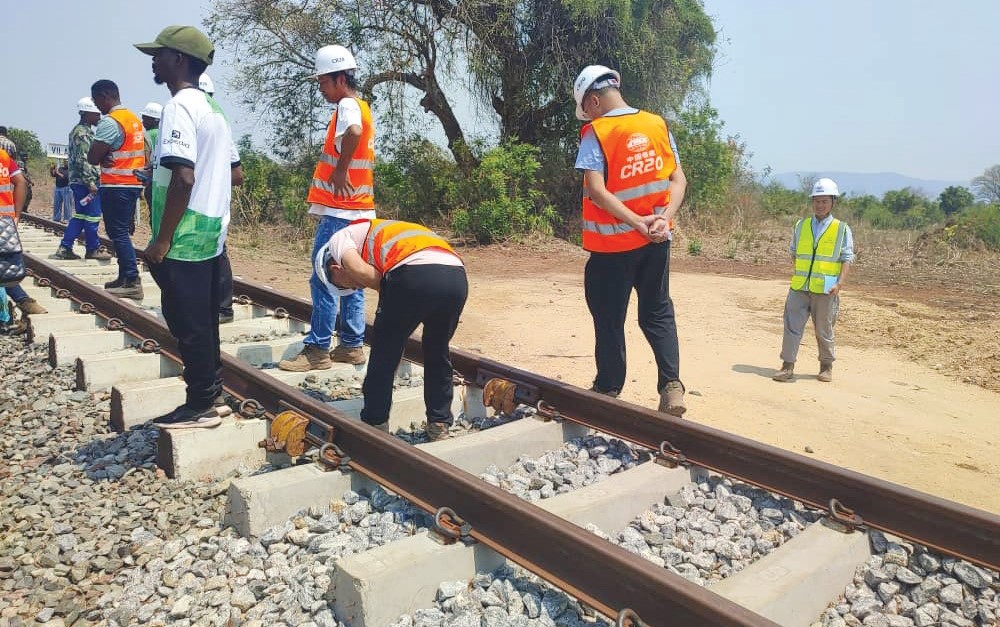Push for contract prices review intensifies
Malawi’s development budget of K831 billion is headed for a tailspin as the construction industry players seek to renegotiate contract prices in the wake of the 44 percent kwacha devaluation and spiraling prices of raw materials.
The National Construction Industry Council (NCIC) has since called on players to return to the discussion table to conform to a standardized way of handling additional costs amid an outcry from some contractors that Ministry of Transport and Public Works is applying double standards deciding which firm should be allowed to raise contract sums.

In an interview on Tuesday, NCIC spokesperson Lyford Gideon said the situation was tricky, but hoped for better discussions on the same.
He said: “The situation has potentially created awkward contractual situations, especially with contracts denominated in the local currency. Our belief is that parties to ongoing contracts will sit on a round table to salvage the situation in a win-win manner.”
A source said with devaluation, all projects need to be treated equally.
Said the source: “On the other hand, he [Minister of Transport and Public Works Jacob Hara] is not saying the same thing on M1 where he is quoted as having said that the cost has doubled unlike on the railway project where the increase is not even at 41 percent.”
Mzuzu-based contractor Weekly Mhango of North Works, who also heads the Malawian Building Contractors and Allied Trade Association (Mabcata) in the region, said raising contract sums, especially for those contracts in foreign currencies was inevitable.
He said local contractors under Mabcata were also waiting on government to make a decision on the matter, adding that prices of goods, calls for increase in wages or salaries, and fuel adjustments, all justify the need for upward adjustments of contract sums.
Meanwhile, Hara has said governement will consider price adjustments for contacts, as they come due to the devaluation, but his ministry will be guided by Treasury.
He said: “The changes after devaluation are obvious, we can’t rule that one out. If we are going to have works properly done, we expect that there could be some changes.”
Hara is on record as having said the proposed increase in the contract price for the Marka-Bangula railway line in Nsanje will not be K28 billion as submitted by the contractor, but will consider additions up to 15 percent of contract sum, due to price escalations of materials.
The Construction Cost Index (CCI) from the NCIC is a weighted aggregate index of the prices of constant quantities of materials and provides changes occurring in costs on both short- and long terms in an attempt to get more accurate bids.
It can be used to update unit prices and other various project costs to current or forecasted price levels and the recommended procedure is to re-estimate project costs using current labour, equipment and material rates.





